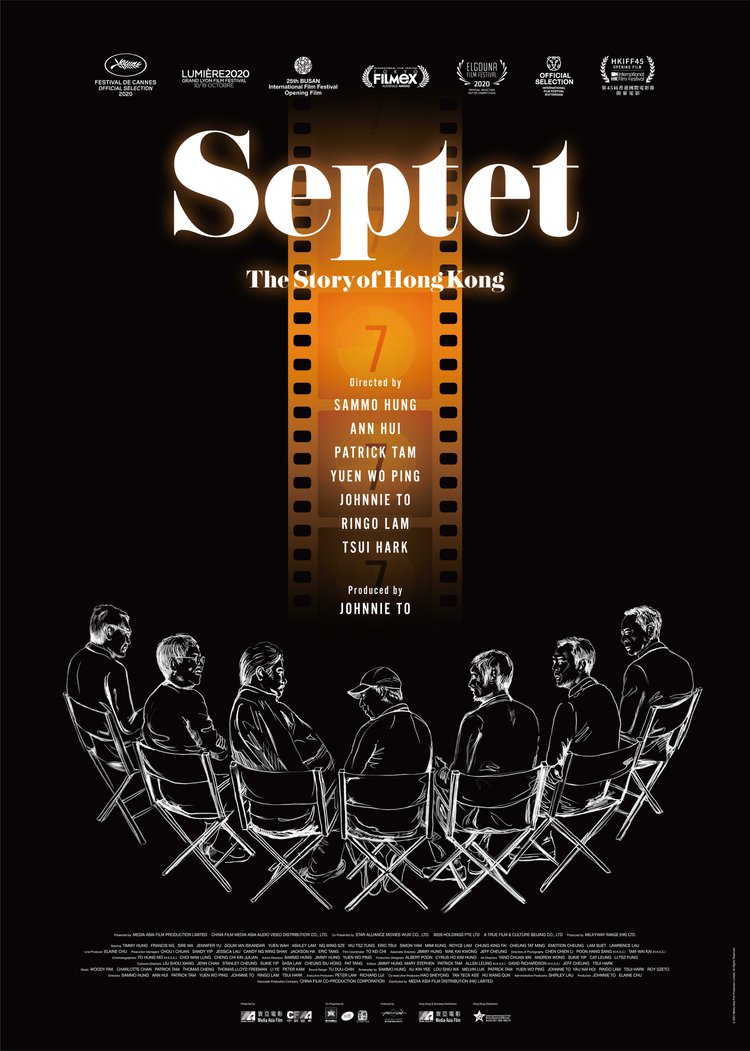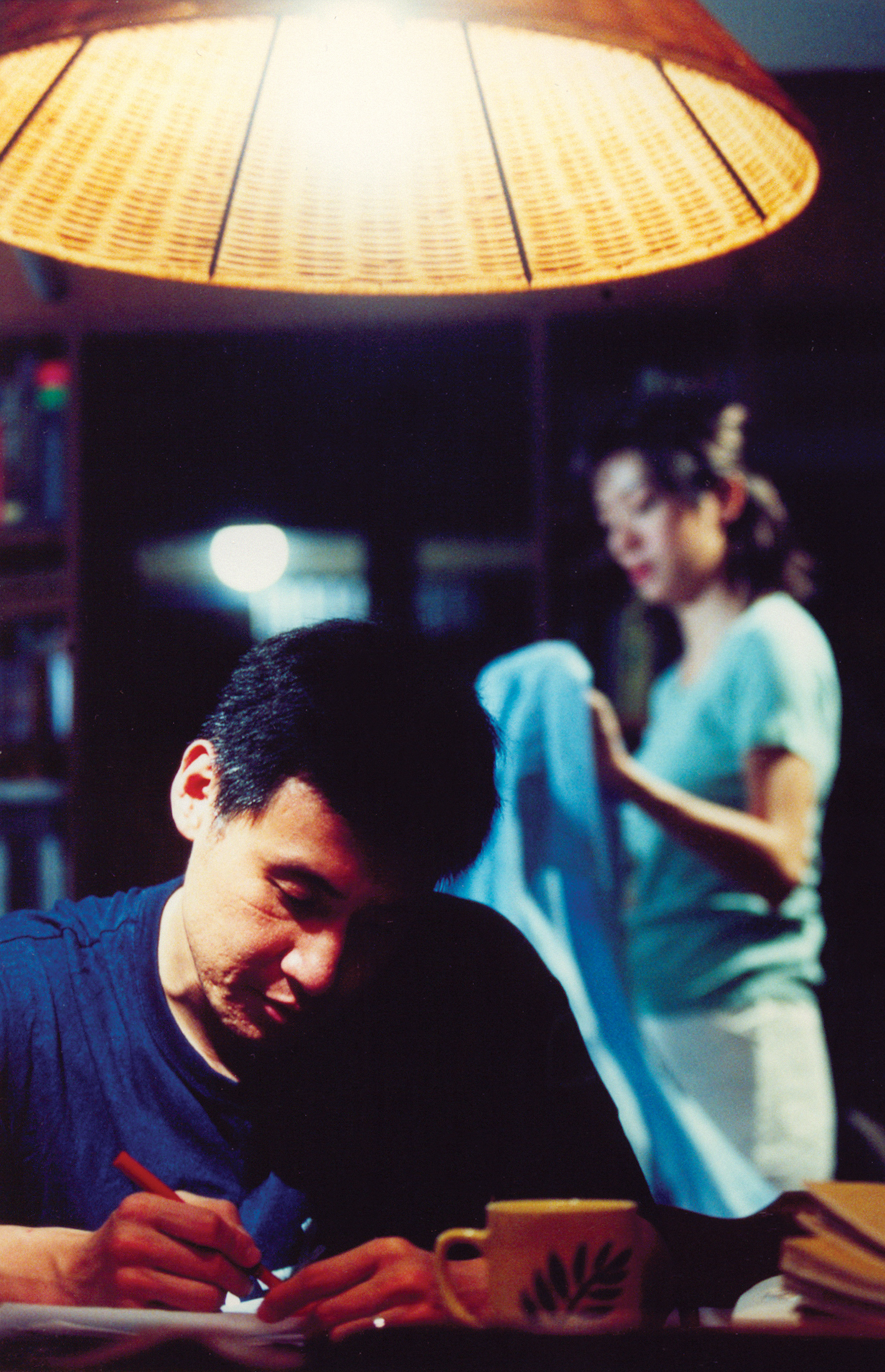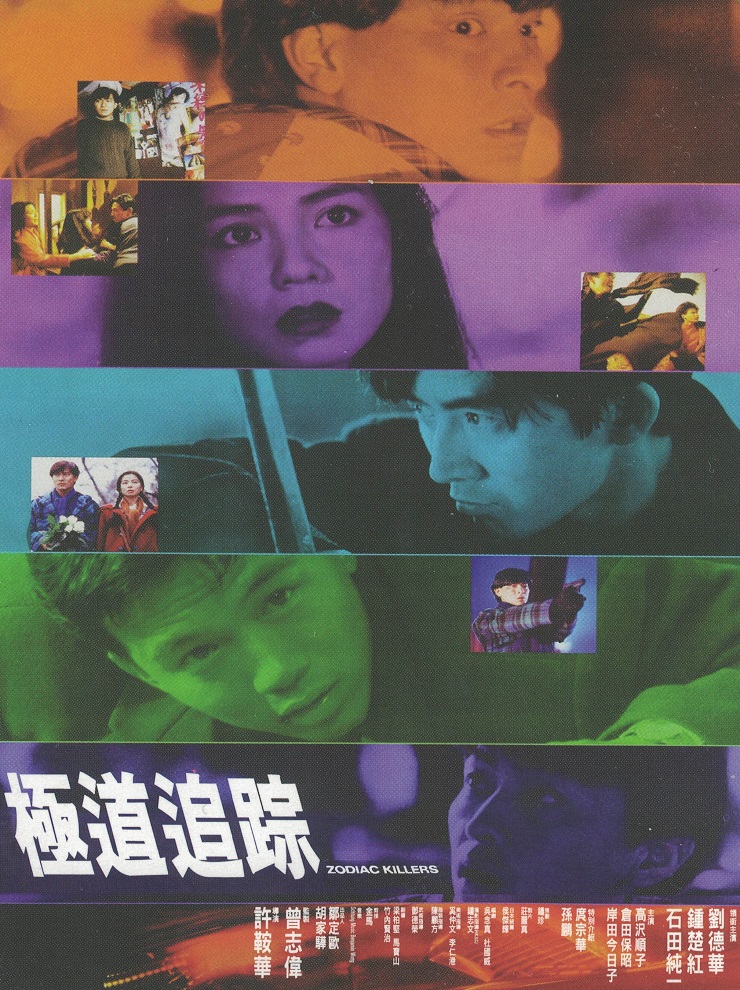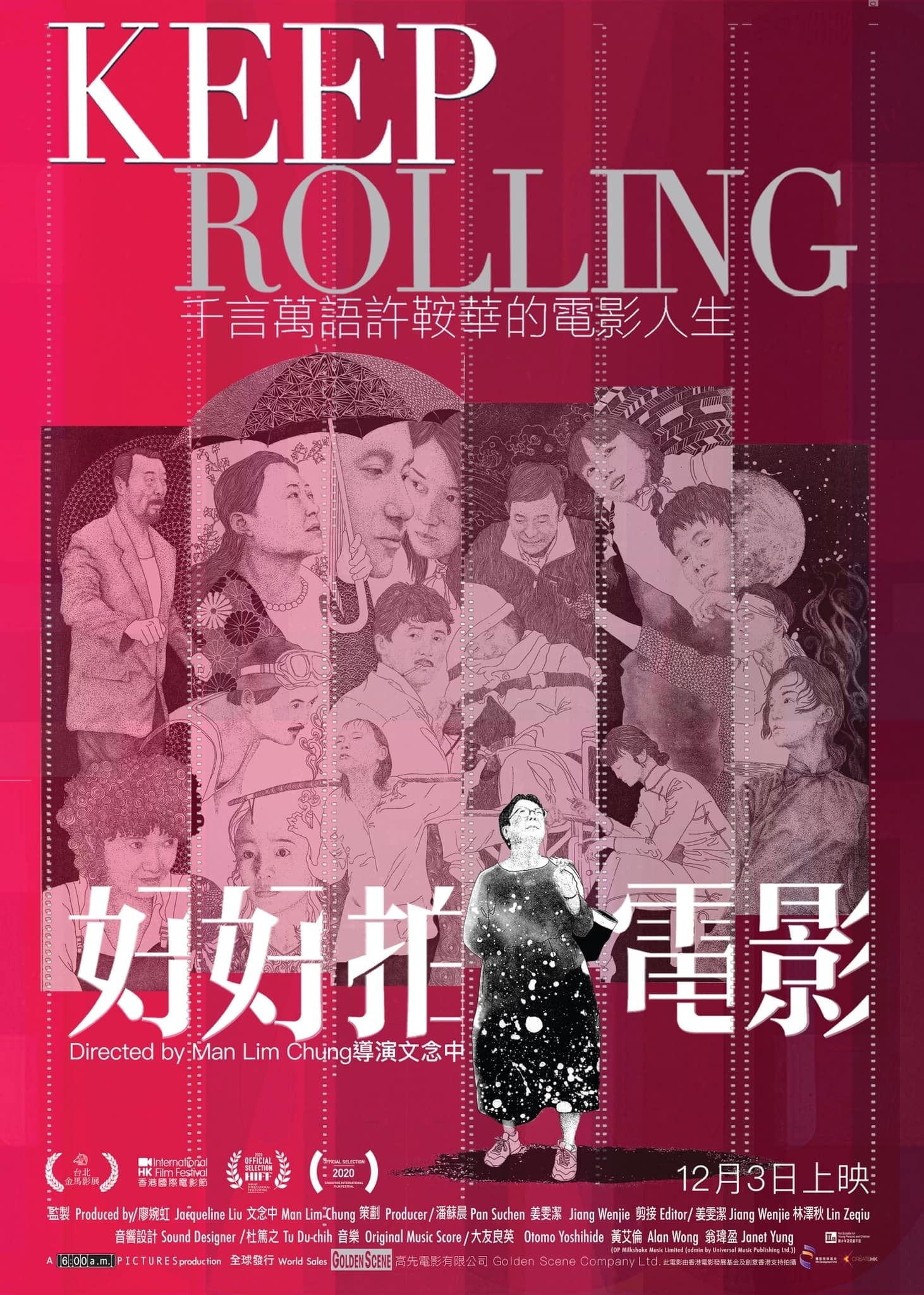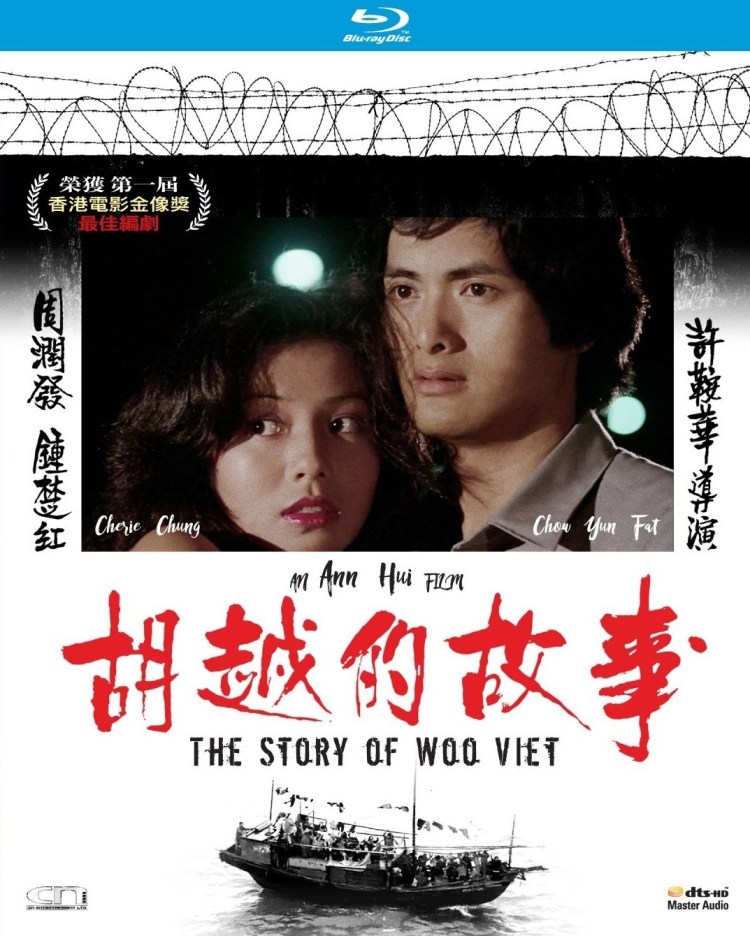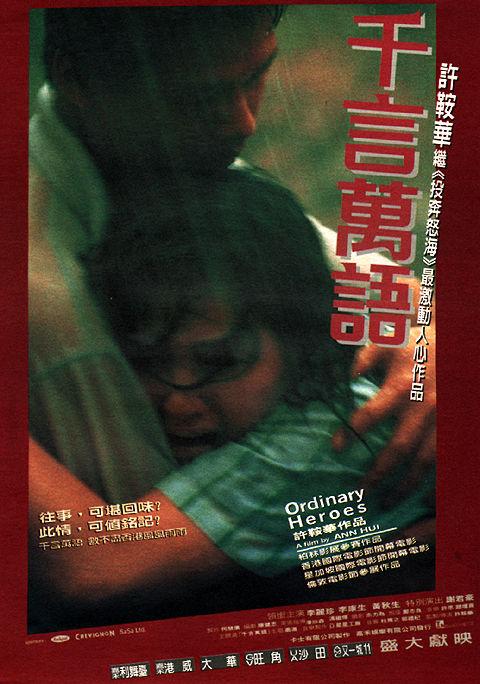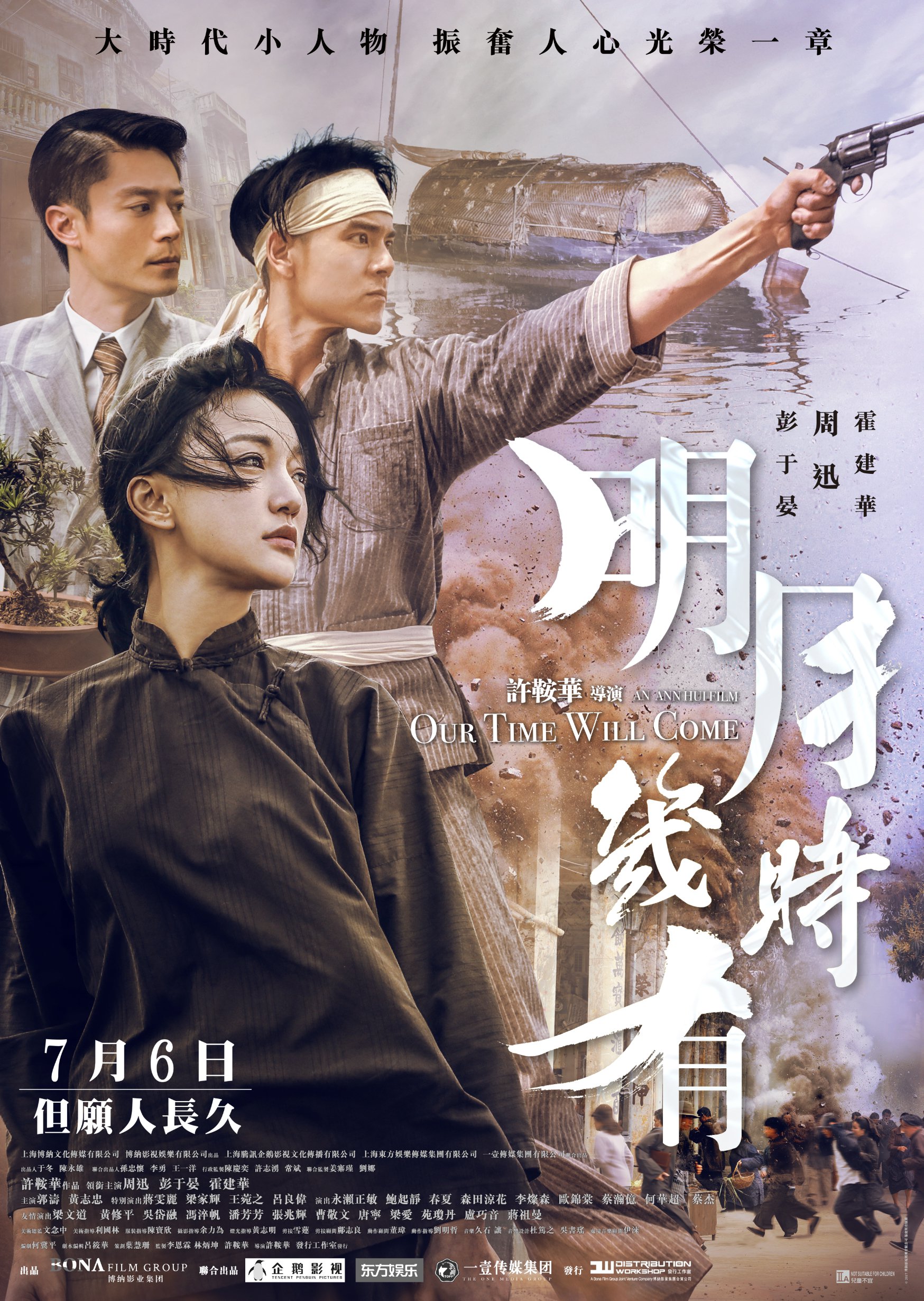
Many of the poets featured in Ann Hui’s documentary Elegies (詩) are keen to emphasise that poetry is rarely about what it says it’s about and often as much about what doesn’t say. The documentary is much the same, making a point about the power of poetry in an age resistance, an elegy for the disappearing Hong Kong the poets lament two of them no longer living in the city but somehow still defined by it.
The tables reversed by one of her subjects, Hui explains that the documentary is a labour of love. She admits that it’s not a mainstream movie and that no one would fund it, but she decided to do it anyway despite or perhaps because of the ongoing coronavirus pandemic which is itself makes frequent appearances in the film. In any case, Hui splits her time mainly between veteran poet Huang Canran who now lives in Mainland China and his younger disciple Liu Wai Tong who lives in Taiwan.
As Canran says, the poems prove his love for Hong Kong but he also feels as if it was Hong Kong that forced him to leave. Joking that he’s an economic exile, he explains that he mainly moved after being forced out by the rapid cost of living in the city. He cheerfully explains that being a poet means embracing destitution and is embarrassed about the other kinds of writing such as penning a newspaper column that he did solely for the money. Canran’s main source of income comes from translation though his personal motto is to work hard to not earn money while practicing his art. His daughter doesn’t really get it and is confused about why Ann Hui wants to make a documentary about her father, though as Canran admits prophets are rarely appreciated in their hometowns. The Hong Kong he writes about is another place, perhaps somewhere that never really existed or any rate exists no longer.
A photographer and lecturer in poetry, Liu Wai Tong heads in a more philosophical direction while also living as an exile in Taipei, never quite explaining the reasons he left Hong Kong though perhaps because it would awkward to do so directly. He quotes Brecht and asks what the point of poetry is in an age of protest, how their voices can resonate among a thousand other horrors crying out for speech. Yet as other poets had said, poems about nature are not always about nature just as political poems are not always about politics. By saying one thing and not another they can make a message felt but then there’s nothing really wrong with talking about beauty amid myriad horrors.
Another poet writes about the everyday, causing others to ask if you can really call it a poem if it’s just about the unexpected appearance of a cockroach. The words should be simple, they insist, their meaning at least clear even if the message is ambiguous. Obscurity for obscurity’s sake is always doomed to failure. Many of the poets write from their direct experience detailing their ordinary lives in the city while others rejoice in wordplay or metaphor, but Hong Kong colours all of their work. Echoing the other poets, Hui too admits that it’s poetry that sustained her in her darkest hours. The poems that she learned as a child gave her strength when she needed it. A woman who has been writing to a friend in prison is moved to tears on recalling his reaction to a poem she had sent him, feeling that poem if can touch someone years after it was written than it must have intrinsic meaning.
Thus poetry in itself becomes an act of resistance if solely in defiance and the determination to endure even the most difficult circumstances from the anxiety of a global pandemic to the spectre of political unrest and lingering oppression. At once an elegy for the Hong Kong the poets speak of and its many rueful exiles, the film makes a passionate defence of poetry as a lifeline thrown by one lonely soul to another across often turbulent seas and carrying with it a message most powerful in its silence.
Elegies screened as part of this year’s San Diego Asian Film Festival.
Original trailer (English subtitles)


